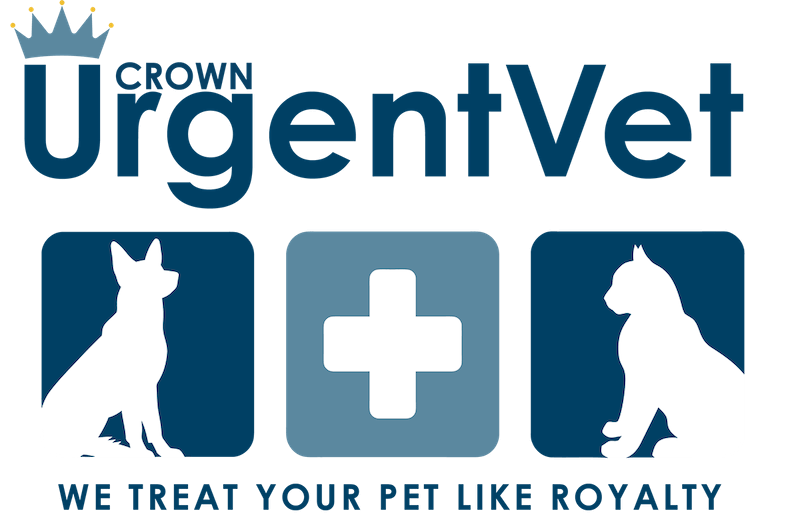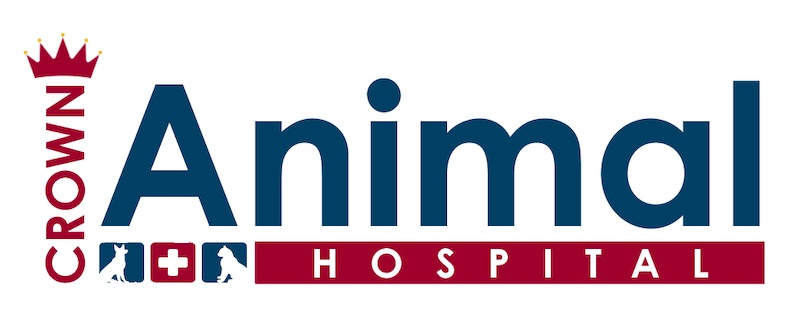Your dog’s vision is one of the many ways they interact with the world. While they don’t rely on their eyesight quite as much as we do due to their enhanced smelling and hearing abilities, your canine companion’s eyes are vital. As a responsible pet owner, it’s up to you to seek care for your dog right away if you ever have any reason to suspect a problem with their vision or eyes. That’s why we created this resource with our answers to some frequently asked questions about dog eye care.
If you are located in Mesa, AZ, we’re here to help. Schedule an appointment today by calling (480) 613-9277.
What is the most important thing when it comes to taking care of my dog’s eyes?
Eye problems — even suspected eye problems — cannot wait. Issues involving the eyes evolve quickly, and even a few hours could be the difference between your dog retaining their vision or going blind. Depending on the problem, your canine companion could lose an eye if you do not address the issue quickly. Eye issues tend to be quite painful, too. Even if your dog isn’t showing any outward symptoms, they could be suffering.
We always recommend erring on the side of caution and seeking prompt veterinary care for situations involving the eyes.
Should I bring my dog in to see a veterinarian if I suspect a vision problem?
Absolutely. If you suspect any vision or eye problems, schedule an appointment with us as soon as possible. Even if it ends up being a minor issue or nothing at all, it’s worth seeking veterinary care. Minor eye problems usually don’t clear up on their own, and seeking treatment before the problem becomes severe is the most affordable, effective, and responsible option.
What are some signs and symptoms that my dog has, or may have, an eye issue?
Several signs and symptoms can indicate eye problems in dogs.
The symptoms of eye issues in dogs include:
- Squinting
- Excessive tear production
- Redness
- Swelling
- Cloudiness
- Pupils that appear too large or too small
- Pupils that are different sizes
- Matted debris or crusting around the eye
- Inability to open the eye
- Discharge
- Pawing at the eye
- Rubbing the eyes on things
- Bumping into things
- Easy to startle
Is it important to avoid self-diagnosing eye issues in my dog?
Situations involving canine eyes change rapidly, and the problem can quickly become severe. What looks like a minor problem now could put your dog at risk of losing their eye or vision in a few hours. Plus, your dog’s eye issue may look like one thing but be something else entirely. Even if we have treated your dog for eye problems before, the eye redness they experienced a year ago may not have had the exact underlying cause as the redness they are experiencing now. There are very subtle differences between various dog eye issues, and only veterinarians have the knowledge and tools necessary to diagnose the problem.
How will a veterinarian diagnose a problem with vision or any other eye issues in my dog?
First, we’ll examine your dog and carefully inspect their eye(s). We use lights and other specialized tools to get a clear picture of what’s going on with the eye. We may also numb your dog’s eye and gently feel it to determine if it’s soft or hard, or move the eyelids and examine underneath them. We may use stains to better visualize scratches on the surface of the eye, a tonometer to measure eye pressure, or a special testing strip to assess tear production. If your dog requires testing beyond what we can do here, we may refer you to a veterinary ophthalmologist for further diagnostics.
Why is early detection and diagnosis of eye issues in my dog so important?
The speed at which eye problems develop is why early detection and diagnosis are so important. Eye problems are often excruciating, and without prompt treatment, your dog’s risk of blindness or eye loss increases dramatically. When it comes to your canine companion’s eyes, it is always better to overreact to a minor issue than to ignore a problem that turns out to be much more serious than you thought. Seeking treatment immediately makes vision loss, eyeball rupture, and other complications much less likely.
At Crown UrgentVet, your pet is our priority. If you have any questions, don't hesitate to call our team at (480) 613-9277, or you can email us at [email protected]. Our staff would love to talk with you!

